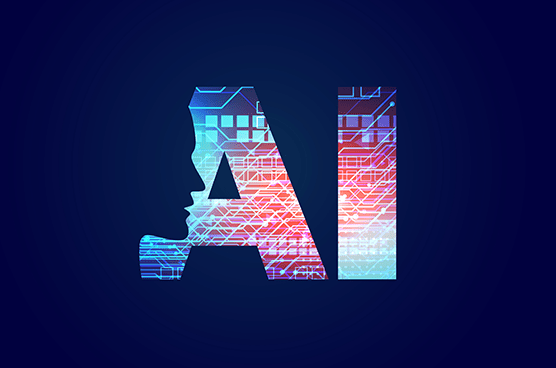_ _ Infobelt
Embracing the Future: How AI is Transforming Data Analysis and Interpretation
In the rapidly evolving landscape of technology and business, artificial intelligence (AI) has emerged as a revolutionary force, especially in the realms of data analysis and interpretation. This digital transformation is reshaping industries, enhancing efficiency, and unlocking new insights from data that were previously inconceivable. As we delve into this fascinating journey, we uncover the myriad ways AI is not just altering, but fundamentally revolutionizing the way we handle and interpret data.
The AI Revolution in Data Analysis
The advent of AI in data analysis signifies a paradigm shift from traditional analytical methods to more sophisticated, automated, and precise processes. AI algorithms, powered by machine learning (ML) and deep learning, can sift through massive datasets at an unprecedented speed, identifying patterns, trends, and correlations that would take humans much longer to uncover, if at all. This capability is particularly crucial in today’s data-driven world, where the volume, velocity, and variety of data exceed human capacity for analysis.
Enhanced Decision-Making and Predictive Analytics
One of the most significant impacts of AI on data interpretation is its role in enhancing decision-making processes. AI-driven analytics enable businesses to make more informed decisions by providing insights based on data rather than intuition. Predictive analytics, a branch of AI, allows companies to forecast future trends and behaviors by analyzing historical and current data. This predictive power is invaluable across sectors, from optimizing supply chains and predicting market trends to personalizing customer experiences and improving healthcare outcomes.
Automated Data Interpretation: Beyond Human Limitations
AI excels in automating the tedious and complex task of data interpretation. By employing algorithms capable of learning and adapting, AI systems can automate the analysis of data sets, highlighting key insights without human intervention. This not only speeds up the analysis process but also minimizes human error, ensuring more accurate and reliable results. Furthermore, AI can handle unstructured data—such as text, images, and videos—which traditionally posed significant challenges for analysis. This ability unlocks a wealth of information that was previously difficult to quantify and interpret.
Real-time Analysis and Actionable Insights
In the age of instant gratification, the ability to analyze data in real-time is a game-changer. AI systems can monitor and analyze data streams continuously, providing businesses with instant insights. This real-time analysis capability enables organizations to respond swiftly to changes, capitalize on opportunities, and mitigate risks as they arise. Actionable insights derived from AI-powered analysis can drive strategic decisions, optimize operations, and enhance customer engagement strategies.
Democratizing Data Analysis
AI is democratizing data analysis, making advanced analytics accessible to a broader range of users. With user-friendly AI tools and platforms, individuals without a deep technical background can perform complex analyses and gain insights from data. This democratization is empowering businesses of all sizes to leverage the power of data analysis, fostering innovation and competitiveness in the digital age.
Challenges and Ethical Considerations
While the benefits of AI in data analysis are immense, it’s essential to acknowledge the challenges and ethical considerations that accompany its adoption. Issues such as data privacy, security, and the potential for bias in AI algorithms are of paramount concern. As we embrace AI’s potential, it is crucial to develop and adhere to ethical guidelines and best practices to ensure that AI technologies are used responsibly and for the greater good.
Conclusion: The Future is Now
AI’s role in revolutionizing data analysis and interpretation is undeniable. By harnessing the power of AI, businesses and organizations can unlock deeper insights, make more informed decisions, and stay ahead in an increasingly competitive and data-driven world. As we continue to explore and innovate in the field of AI, we open the door to endless possibilities and a future where data analysis and interpretation are not just enhanced but transformed.
As we stand on the brink of this transformative era, it is clear that AI is not just a tool for innovation but a catalyst for redefining the paradigms of data analysis and interpretation. The journey ahead is as exciting as it is uncertain, and embracing AI in data analysis is not merely an option but a necessity for those looking to lead in the digital age.
Want to hear how Infobelt is revolutionizing Data Management with AI? Let’s talk

